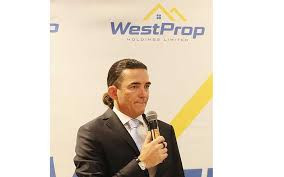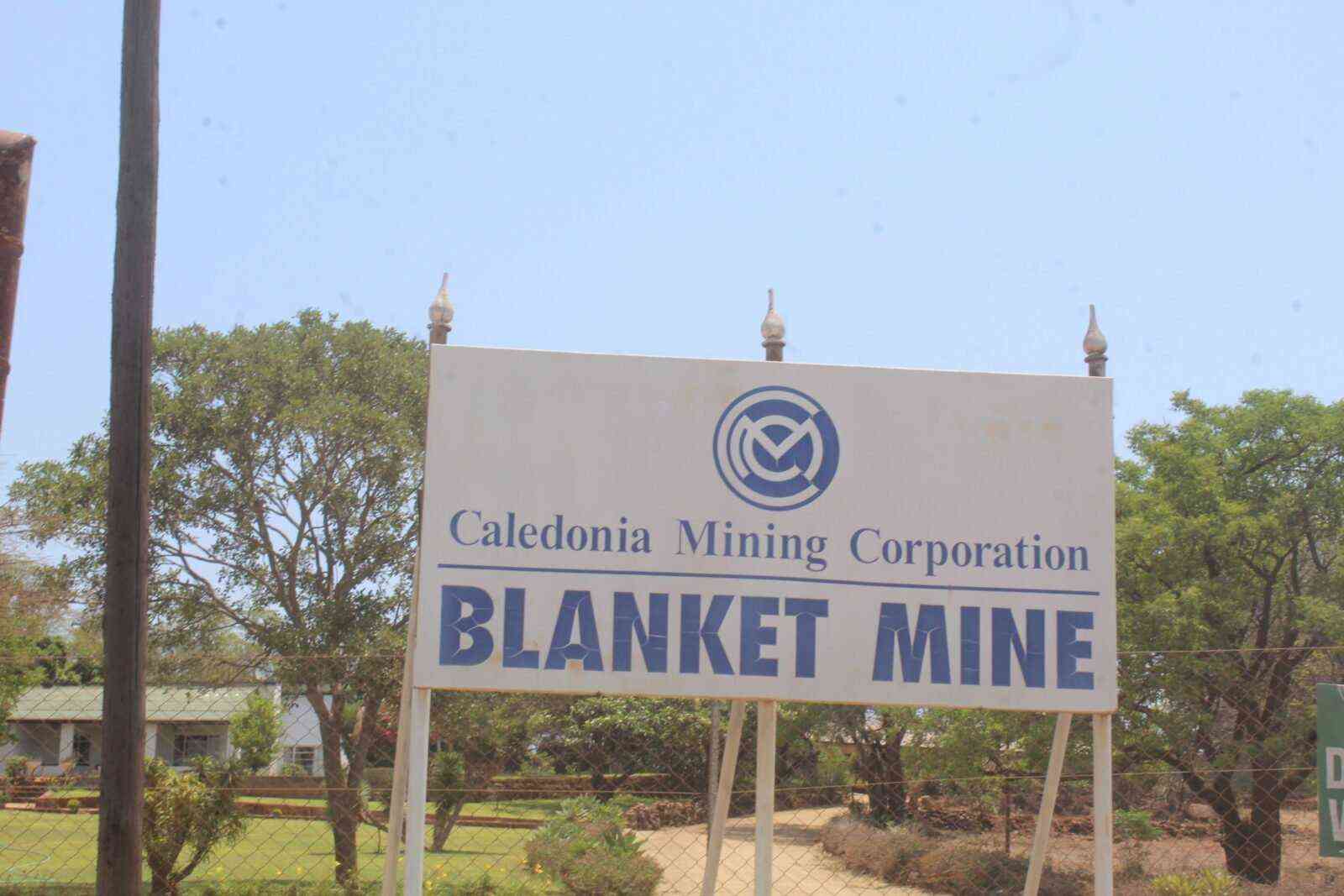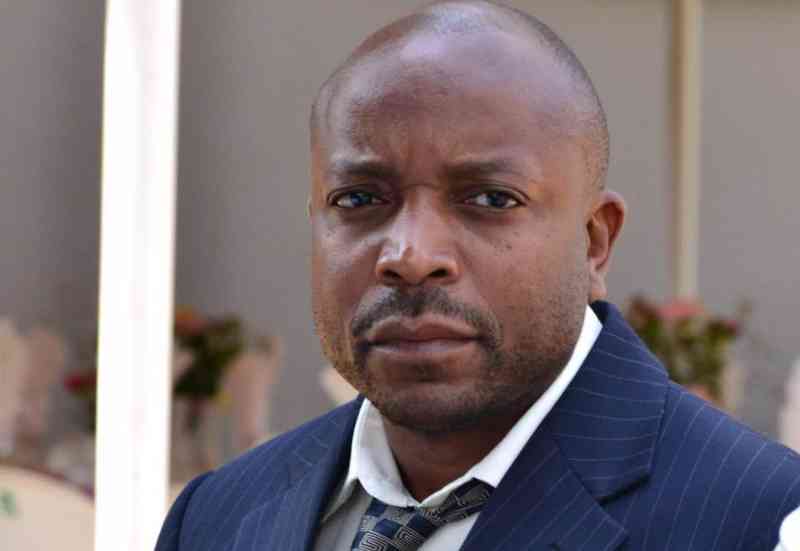COUNCILLORS from the Harare City Council (HCC) reportedly splurged approximately US$11 million on workshops and seminars, the commission of inquiry into the local authority’s affairs has heard.
President Emmerson Mnangagwa in May this year appointed the commission led by retired judge Justice Maphios Cheda to investigate the City of Harare’s financial management and other council activities dating back to 2017.
Other members of the commission are former MDC senior official Lucia Matibenga, Steven Chakaipa, Tafadzwa Hungwe and Khonzani Ncube, a Local Government ministry official.
Local Government and Public Works secretary John Basera is the commission’s secretary.
The commission was set up to investigate financial management systems and audit compliance with the Public Finance Management Act and to investigate management of revenue generated through special vehicle companies and other outsourced arrangements.
- ZICT chair urges board training on cyber and AI risks
- Mixed-use REIT model best suited for Zimbabwe: FBC Securities
- IIZ lays groundwork for 2026, eyes targeted skills development
- Celebrity endorsement signals Sharpe academy growth drive
- Tanganda taps insider Sharon Kodzanai to steer turnaround
Harare has been struggling to offer services to residents and ratepayers amid reports of massive corruption and other vices at Town House.
Local Government and Public Works minister Daniel Garwe recently banned local authorities from holding workshops outside their cities and towns, arguing that the meetings were gobbling thousands of United States dollars in ratepayers’ money.
The ban followed revelations that councillors were working in cahoots with managers to loot council coffers through conducting workshops outside the city from which they would draw huge allowances.
Councillors earn a pittance, with Bulawayo mayor David Coltart recently claiming that he earned US$47 and that “councillors are paid even less”, hence the holding of workshops outside their respective cities and towns.
During hearing yesterday, the commission’s evidence leader Thabani Mpofu questioned Harare town clerk Hosiah Chisango to explain the expenditure.
“We have received documents that have been handed over to the commission as exhibits indicating that in the first seven months of this year, your councillors used an amount of US$11 million on workshops and seminars,” Mpofu told Chisango.
“Now, the document we have here depicts a situation where there was a workshop on a weekly basis without exception and without fail from the month of January to the month of
July.
“Sometimes there were two workshops running concurrently using residents and ratepayers’ money. Now you would agree with me that this is an inordinate and excessive number of workshops under the circumstances.”
In response, Chisango blamed councillors for requesting to hold seminars and workshops.
“The first thing that we do is just after the constitution of council, after elections, we have induction workshops that we carry out for them just to make them up to speed with their council operations,” Chisango said.
“So we used to have 46 councillors, previous councillors, but we currently have 59 councillors. These workshops, obviously, they would consume money in terms of accommodation and other expenses.
“There are induction workshops, and then over and above, those the councillors would always request that when they make policy, if they formulate certain policies, they would always request to have a workshop and those are the costs that we incur.”
He said there was serious concern within management over the workshops.
“There would be other issues where we would have to refuse them and say we would need to pay other expenses before workshops are done, but there was always pressure on issues of workshops and seminars,” he said.
Meanwhile, the commission noted illegal land occupation in Harare, adding that the regularisation of illegal settlements was affecting a substantial area in the city.
Chisango confirmed the issue saying where the council intended to reverse the allocations, there were court orders which advised against infringing on people’s rights.
“There are also issues that are coming on development control. When we had those invasions, our idea was our development control should move faster to demolish as soon as structures come up.
“But council had requested or had desired that we seek authority from the government to carry out any demolitions. We should then take time and if we do want to demolish some or all of the structures, the law forbids us from demolishing,” he said.
Justice Cheda’s commission was also directed to investigate reasons behind the failure to operate an enterprise resource planning system for HCC and to quantify any losses accruing as a result.













